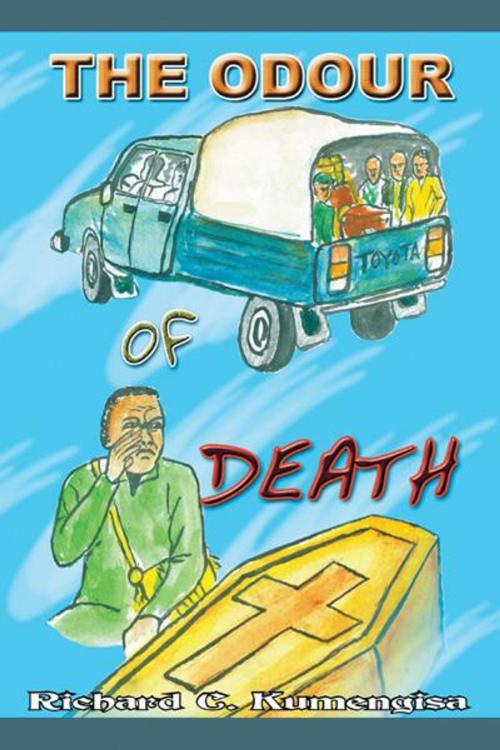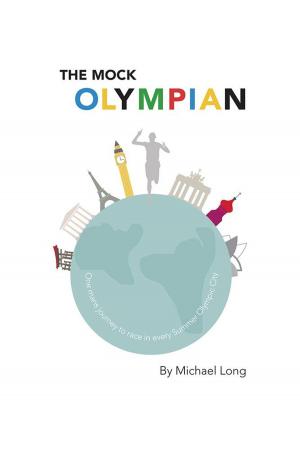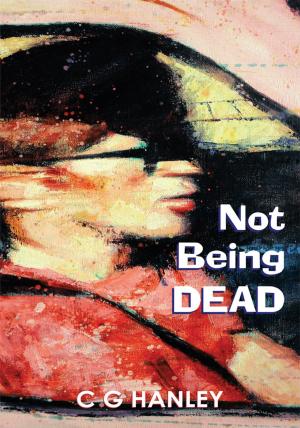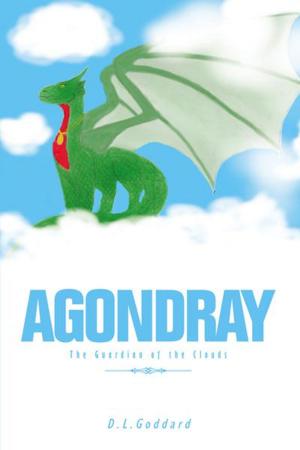| Author: | Richard C. Kumengisa | ISBN: | 9781467000611 |
| Publisher: | AuthorHouse UK | Publication: | July 3, 2012 |
| Imprint: | AuthorHouse UK | Language: | English |
| Author: | Richard C. Kumengisa |
| ISBN: | 9781467000611 |
| Publisher: | AuthorHouse UK |
| Publication: | July 3, 2012 |
| Imprint: | AuthorHouse UK |
| Language: | English |
The Odour of Death is the story of a journey in an old truck from Menda to Aghem. An arrogant, stubborn, moribund AIDS patient uses supernatural powers to make the drive unbearable. He had never believed in the pandemic but when he got it, he spread it far and wide. He finally dies of it. Yet his torture continues for his power does not die with him. After he was buried, his ghost had to be chased away from the community for there to be peace. The narrator points out many other types of AIDS, different from HIV, which are killing people in similar manner and destroying the nation. From the hospitals to the courts, the motor parks to government offices, farmland to the cattle grazing land, gendarme-rie brigades to police offices, the towns to the countryside, the rich to the poor, the young to the old, AIDS is taking its toll indiscriminately on the people. Whither shall citizens go to be protected and saved when everybody and everything is immersed in a pool of AIDS viruses of various types, churning in stinking filth in a pool of brackish water? The narrator is a keen observer and is troubled by the present and the future, especially as influenced by the past.
The Odour of Death is the story of a journey in an old truck from Menda to Aghem. An arrogant, stubborn, moribund AIDS patient uses supernatural powers to make the drive unbearable. He had never believed in the pandemic but when he got it, he spread it far and wide. He finally dies of it. Yet his torture continues for his power does not die with him. After he was buried, his ghost had to be chased away from the community for there to be peace. The narrator points out many other types of AIDS, different from HIV, which are killing people in similar manner and destroying the nation. From the hospitals to the courts, the motor parks to government offices, farmland to the cattle grazing land, gendarme-rie brigades to police offices, the towns to the countryside, the rich to the poor, the young to the old, AIDS is taking its toll indiscriminately on the people. Whither shall citizens go to be protected and saved when everybody and everything is immersed in a pool of AIDS viruses of various types, churning in stinking filth in a pool of brackish water? The narrator is a keen observer and is troubled by the present and the future, especially as influenced by the past.















